Henri Chaumont
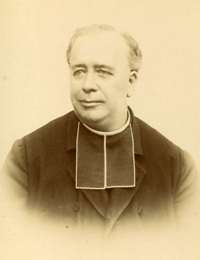
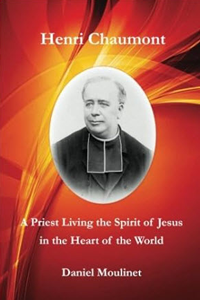
Caroline Carré de Malberg
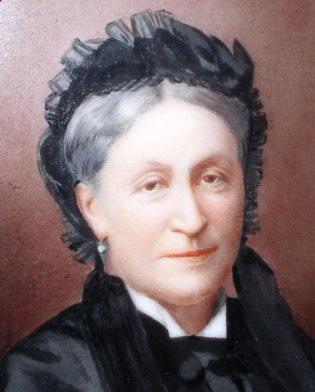
The Cause for Caroline’s Beatification
Images From Caroline’s Home
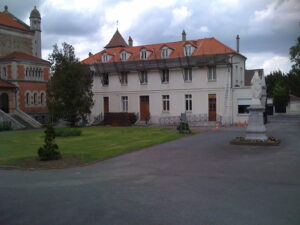
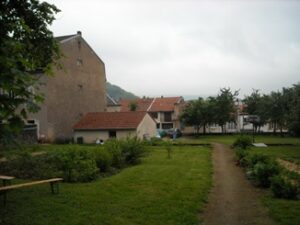
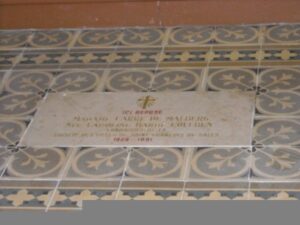

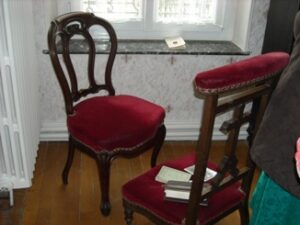
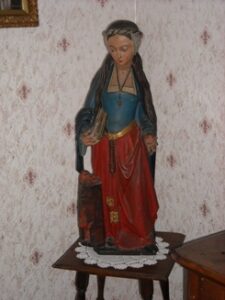
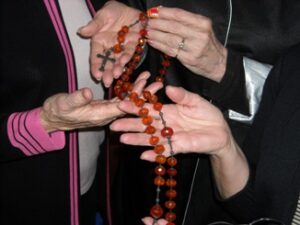
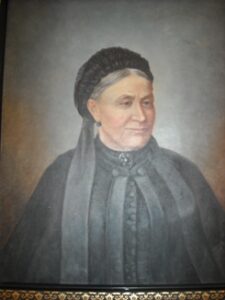

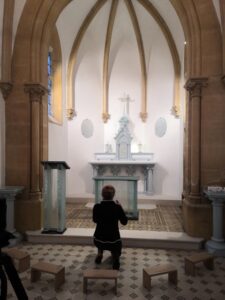
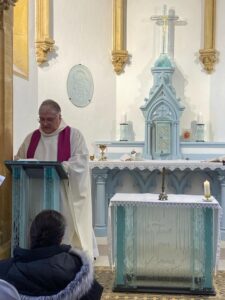
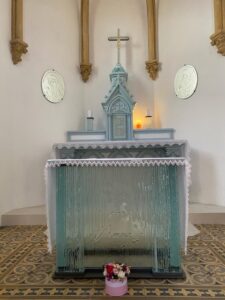

During his relatively brief 58 years, Father Henri Chaumont tirelessly devoted his life to encouraging the practice of Salesian spirituality, both among his fellow diocesan priests and the many lay persons whom he counseled. Beginning in 1872, he founded, with the now Venerable Caroline Carré de Malberg, the Society of the Daughters of Saint Francis de Sales for lay Catholic women. Soon after, some of the Daughters (now called associates in the St. Francis de Sales Association) began service in mission territories and in 1968, the lay missionaries became a religious congregation, the Salesian Missionaries of Mary Immaculate, serving in more than 20 countries, living their charism to bring the Spirit of Jesus to the poorest people of the world. Following the Daughters, Father Chaumont founded the Priests of St. Francis de Sales for diocesan priests who have a special calling to practice spiritual direction, and the Sons of St. Francis de Sales for lay Catholic men.

Henri Chaumont: A Priest Living the Spirit of Jesus in the Heart of the World was the first English biography of our founder Henri Chaumont, written by Daniel Moulinet, Priest of St. Francis de Sales, and edited by a Daughter, Kathy Griesemer, in 2016.

Caroline Barbara Colchen was born on April 8, 1829, at Metz in the Lorraine region of France. Her faith developed in the milieu of a good Catholic family and community. Caroline’s health was rather fragile. By contrast, her personality was somewhat assertive. While attending a boarding school run by the Sisters of the Visitation, she would not pass up an opportunity to speak her mind when her sense of justice demanded it. Despite this, the sisters appreciated her underlying heartfelt piety. While at school, Caroline had a bout with typhoid fever that threatened take her life. Following her recovery there seemed to be a greater maturity in her spirituality.*
At the age of 20, Caroline married Paul Carré de Malberg. Although she had thought she had a vocation to the religious life with the Carmelites, she decided to accept Paul’s offer of marriage, feeling that this was God’s will for her. Four children were born of their marriage. Three died as youngsters and the fourth at the age of 30. Her husband was a military officer and this imposed a great deal of extra work on Caroline. Beyond the ordinary duties of wife and mother, she was called upon to host gatherings for her husband’s associates and their wives. Paul had a rather autocratic personality in the home and this constrained her even more both physically and psychologically. Caroline thought of leaving him but stayed and offered her every act to God for the good of her husband’s soul. He was not a practicing Catholic and Caroline deeply wished that he return to the practice of his faith.
Caroline was equally austere with herself in regard to her devotions. In overcoming these and other trials, Caroline’s life was characterized by complete submission to God’s will. Hers was a lifelong endeavor of giving herself to God in every situation. While keeping up her duties as a wife and mother, Caroline managed to work in several apostolates for women. She worked for an Association of Christian Ladies, the Association of Christian Teachers, and the Association of Christian Widows doing whatever was needed at the time.
Having met and collaborated with Father Henri Chaumont, the two eventually founded the St. Francis de Sales Association. The first meeting took place on October 15, 1872. Two friends formed the original group with them. Mme Sallard and Mme Mort had been visiting with Caroline to pray and to read and discuss the “Introduction to the Devout Life” prior to this foundation. It was affectionately called the “Daughters of the Spirit of Jesus” and later the “Daughters of St. Francis de Sales.”
This first group grew steadily. The two founders perfected methods which were compatible with the everyday lives of women. These methods, if followed faithfully, were meant to lead one to a life of union with Christ. Caroline witnessed some of the fruits of her labors. Her husband converted to a faith-filled life before his death. The association brought new life into other efforts. One of the Daughters, Gertrude Gros, and three others were prepared as missionaries to travel to India in 1889. They were the first Salesian Missionaries of Mary Immaculate (SMMI), and this order has now expanded to many countries.
After a lengthy illness, Caroline died on January 28, 1891. Today we find the ideal of the modern lay apostle in Caroline Colchen’s life. She ministered to women that they might deepen their consciousness of self. She was oriented to Jesus and to be perfected in imitation of him.
*Information for this article is from “Madame Carré de Malberg,” Msgr. Laveille, Pierre, TEQUI, Paris, 1925, and “Madame Carré de Malberg,” GaetanBernoville, Grasset, 1951.
Read about Caroline Carré’s Cause for Beatification.












© 2025 St. Francis de Sales Association. All rights reserved. Privacy Policy
The St. Francis de Sales Association is a private, international association of the faithful created to promote and encourage the personal holiness of its Roman Catholic members and falls under the jurisdiction of the Dicastery for Laity, Family and Life. Visit our listing in the dicastery’s directory.
